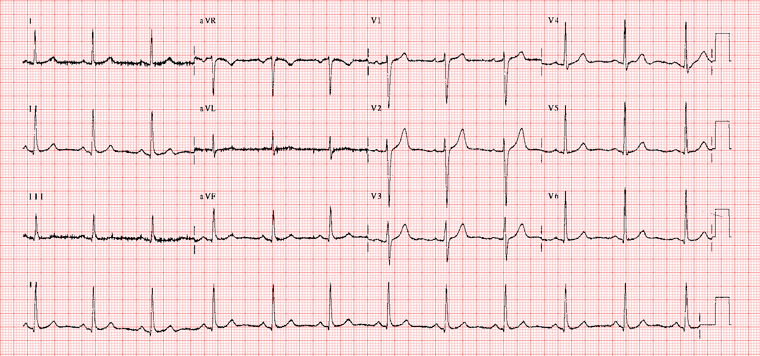
Like many other medical patients confronting mortality, I have had to come to terms with my broken heart. No doubt our modern American lifestyle has made its contribution to heart disease – super-sized portions, trans-fat and processed foods, refined sugar, high-fructose corn syrup, lack of exercise, the stress of commuting and the overall speedy pace of life are all factors.
Yet, when we come to terms with heart disease, we need to contemplate that organ which sustains us physically, and also metaphorically and spiritually is the repository of our deepest feelings. We cannot say for sure from where love is born, but its connection with the heart is undeniably suffused with cultural meaning. And sorrow is heartfelt too, as are pride and jealousy and compassion. As the focus of our emotional life, the heart is far more than just some muscular organ that generously beats 103,680 times each day on our behalf.
As the leading cause of death in America, what are we to make of all these broken hearts? Are they simply hardened by sclerosis due to our overfed and sedentary western lifestyle, or is there something else at play? The answer, perhaps, lies not in medicine, but in metaphor. Clearly, there is something afoot about our American life that is breaking hearts by the millions.
We humans are tribal and social animals by nature, as are most primates. Our public and private devotion to family, sports teams, neighborhood, city and country all speak to this. While there are those who savor some solitude or crave privacy, by and large it is in the company of others that we find our hearts at play. Through others our emotions and our feelings are stimulated, and through intimacy with others most of us discover our truest selves. Alone, we may retreat into reveries of devotion, fantasy and imagination, but without others there is little reason for poetry or art. For human beings, life not shared is barely life at all.
Alas, our modern times, crowded as they may be, nonetheless are often lonely. Despite a common ancient heritage of living in small tribes in the wild savannah, today we spend our days and nights in boxes, as sheltered from others as we are from the elements. Fear and loathing abound; we lock ourselves securely behind doors and are fed a steady stream of televised dramas of aggression, cruelty and harm inflicted against others. We insure ourselves as best we can against the probabilities of disaster, ironically betting money against our own good fortune. We hoard possessions – afraid of thieves or swindlers, all too convinced that the accumulation of material things will bring security and comfort. Even our families are often splintered and dispersed. In short, we are profoundly separated from each other, lacking frequent intimacy and the common embrace of generous and selfless love. More than Big Macs or corn-syrup-sweetened Coca-Cola, it is the loneliness of modern life that hardens and breaks our hearts.
The heart drugs, bypass surgeries, vascular stents, pacemakers and angioplasties are all good medical therapies as far as they go, but none address the deeper metaphorical meaning of broken hearts. It is, I believe, only through loving openhearted generosity and kindness – by cultivating softness and trust – that the hard and broken heart can truly heal.